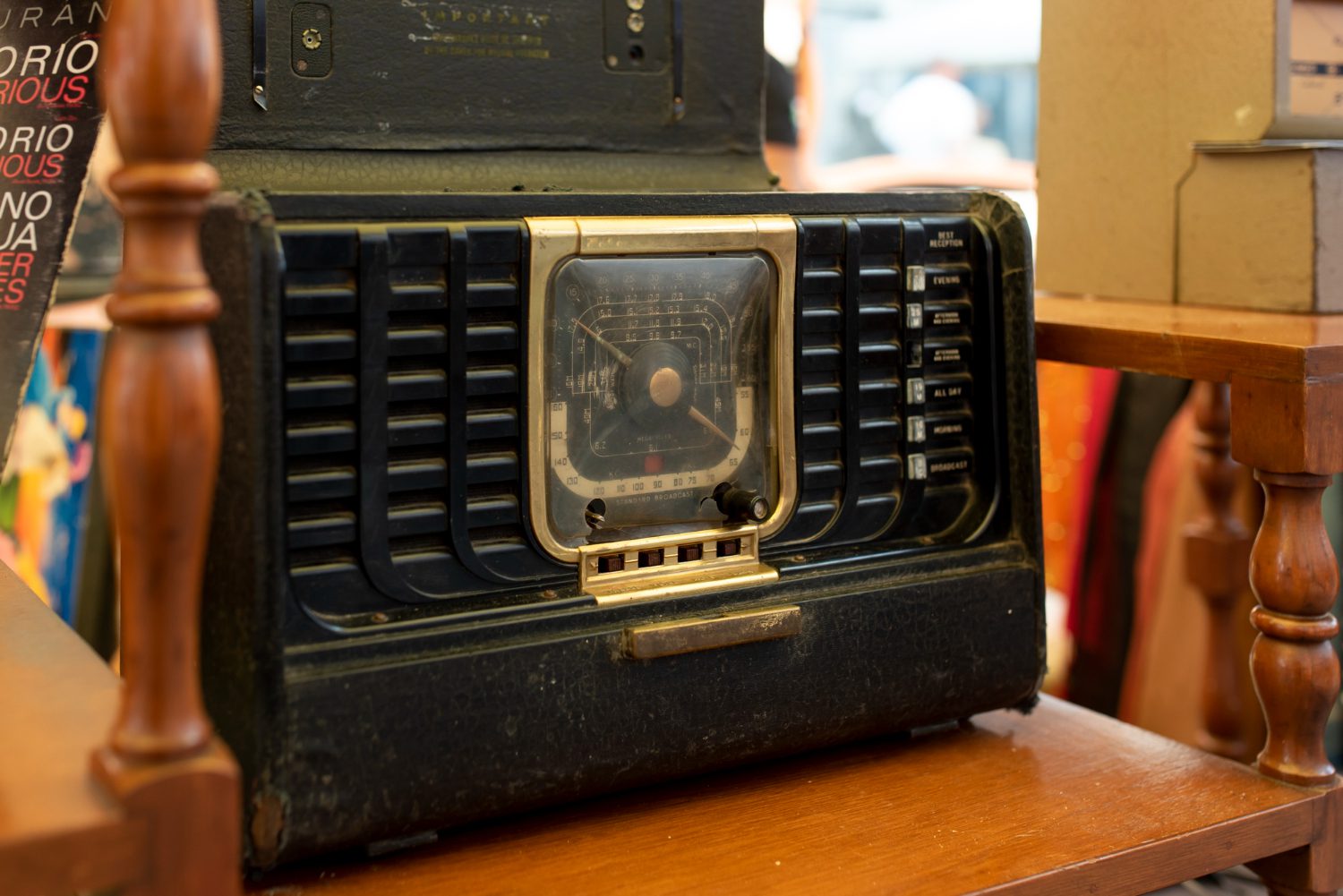Preserving the Past: The Importance of Appliance Repair for Historic Homes
Historic homes are a testament to our rich cultural heritage, with each creaky floorboard and ornate fixture telling a story of its own. However, these magnificent structures often come with their own set of challenges, particularly when it comes to appliance maintenance.
The Unique Challenges of Historic Home Appliance Repair
Unlike modern homes, historic residences were built during an era where appliances were not as advanced or ubiquitous. This means that many of the original appliances installed in these homes are no longer manufactured or supported, making repairs a daunting task.
Furthermore, historic homes often have unique architectural features, such as narrow stairways and cramped attic spaces, which can make it difficult for technicians to access and repair appliances.
The Importance of Preserving Original Appliances
While it may be tempting to replace outdated appliances with modern equivalents, doing so can compromise the historical integrity of the home. Original appliances, even if they are no longer functioning optimally, are an integral part of the home’s character and charm.
Moreover, replacing original appliances with modern ones can actually decrease the value of the property, as it alters the home’s historic authenticity.
Expert Appliance Repair for Historic Homes
Fortunately, there are expert technicians who specialize in repairing and maintaining appliances in historic homes. These professionals possess a deep understanding of vintage appliances and are skilled at troubleshooting and fixing complex problems.
By working with these specialists, homeowners can ensure that their appliances are repaired correctly and efficiently, without compromising the home’s historical significance.
Common Appliance Repair Issues in Historic Homes
One of the most common issues in historic homes is faulty electrical systems. Many older homes have outdated wiring, which can lead to appliance malfunctions and even safety hazards.
Another frequent problem is leaky pipes, which can cause water damage and affect the performance of appliances such as refrigerators and dishwashers.
Appliance Repair Techniques for Historic Homes
When repairing appliances in historic homes, technicians must employ specialized techniques that prioritize preservation over replacement. This may involve sourcing rare or obsolete parts, or fabricating custom components to match the original specifications.
In addition, technicians may need to adapt their tools and methods to accommodate the unique architectural features of the home, such as narrow corridors or low-hanging ceilings.
The Benefits of Professional Appliance Repair
While it may be tempting to attempt DIY repairs, hiring a professional technician can provide numerous benefits for historic homeowners. Not only do these experts possess the necessary knowledge and skills, but they also have access to specialized tools and resources.
Furthermore, a professional technician can identify potential safety hazards and take preventative measures to ensure that appliances are functioning safely and efficiently.
Preserving History through Appliance Repair
Historic homes are a vital part of our cultural heritage, and preserving their original charm and character is crucial. By working with expert technicians who specialize in appliance repair for historic homes, homeowners can ensure that their properties remain safe, functional, and true to their historical roots.
Appliance repair for historic homes requires a unique set of skills, knowledge, and techniques. By prioritizing preservation over replacement and working with specialized technicians, homeowners can safeguard the integrity of their properties while maintaining their appliances in optimal condition.
Historic homes are irreplaceable treasures that deserve our care and attention. By prioritizing appliance repair and maintenance, homeowners can ensure that their properties remain safe, functional, and true to their historical roots. Remember, preserving the past is a vital part of building a better future.
